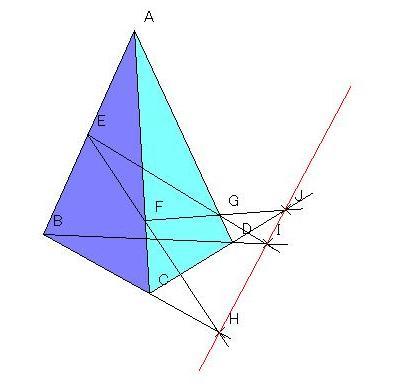結果
| 問題 | No.849 yuki国の分割統治 |
| コンテスト | |
| ユーザー |
 convexineq convexineq
|
| 提出日時 | 2019-07-05 22:12:39 |
| 言語 | Python3 (3.14.3 + numpy 2.4.2 + scipy 1.17.0) |
| 結果 |
RE
|
| 実行時間 | - |
| コード長 | 878 bytes |
| 記録 | |
| コンパイル時間 | 138 ms |
| コンパイル使用メモリ | 12,800 KB |
| 実行使用メモリ | 43,216 KB |
| 最終ジャッジ日時 | 2024-10-06 22:00:29 |
| 合計ジャッジ時間 | 8,348 ms |
|
ジャッジサーバーID (参考情報) |
judge4 / judge2 |
(要ログイン)
| ファイルパターン | 結果 |
|---|---|
| sample | AC * 4 |
| other | AC * 21 RE * 5 |
ソースコード
# coding: utf-8
# Your code here!
import sys
sys.setrecursionlimit(10**6)
readline = sys.stdin.readline #文字列入力のときは注意
from math import gcd
a,b,c,d = [int(i) for i in readline().split()]
n = int(input())
xy = [[int(i) for i in readline().split()] for _ in range(n)]
def heikouidou(x,y,pp,qq,g,h): #(e,f)に沿って(g,h)以上のぎりぎり
m = (x*h-y*g)//(h*pp-g*qq)
x -= m*pp
y-= m*qq
return (x,y)
if a*d == b*c:
g = gcd(a,c)
# print(a,b,c,d,g)
assert b%g==0
p,q = a//g, b//g
s = set()
for x,y in xy:
s.add(heikouidou(x,y,p,q,-q,p))
print(len(s))
# print(s)
exit()
s = set()
for x,y in xy:
# print(x,y)
x,y = heikouidou(x,y,a,b,c,d)
# print(x,y)
x,y = heikouidou(x,y,c,d,a,b)
# print(x,y)
s.add((x,y))
print(len(s))
#print(s)
exit()
